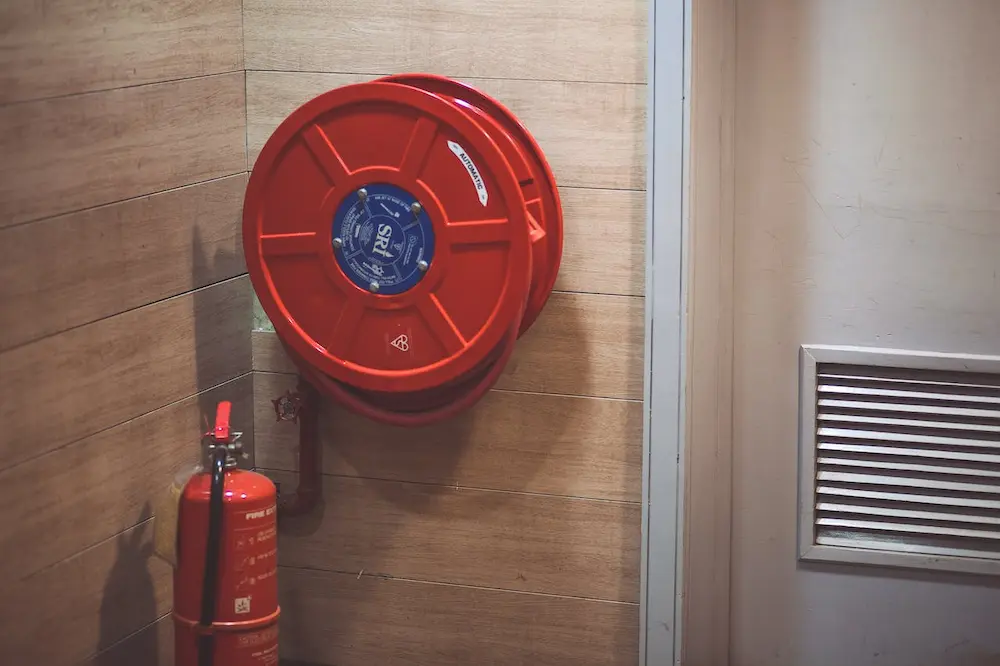As a landlord, ensuring your properties meet fire safety standards is a legal obligation. Failure to comply puts tenants at risk and exposes you to penalties. This article outlines the key areas landlords need to address to achieve fire safety compliance, protect occupants, and avoid enforcement action. Following expert guidance and implementing prudent fire precautions is essential for managing fire risks responsibly.
Understanding Fire Safety Regulations
As a landlord in the UK, you have a legal responsibility to ensure your rental properties comply with fire safety regulations. The primary laws governing fire safety include the Regulatory Reform (Fire Safety) Order 2005 and the Housing Act 2004. These require landlords to take reasonable steps to reduce fire risks and ensure the safety of tenants. Failure to comply can result in enforcement action, fines, or even imprisonment in cases of serious breaches. It is therefore essential for landlords to understand the key requirements and implement appropriate fire safety measures. Affordable fire risk surveys conducted by qualified professionals can help identify areas of risk and guide compliance efforts.
Risk Assessment and Prevention Strategies
Conducting thorough fire risk assessments of rental properties is the foundation of an effective fire strategy. Assessments should analyse potential ignition sources, fuel loads, and any other fire hazards. Particular focus should be placed on shared or common areas of multi-occupancy buildings. Based on the findings, steps must be taken to remove or reduce risks where possible by substituting hazardous materials, improving storage practices, and enforcing ‘housekeeping’ rules about the accumulation of combustibles.
Regular inspection and testing of fire detection systems, electrical installations, gas appliances, fire doors and emergency lighting is also important. Developing a risk assessment-based maintenance strategy will help ensure fire risks are proactively managed and promptly addressed.
Fire Detection and Alarm Systems
Having adequate early warning in the event of a fire is critical. Landlords must ensure properties have appropriate detection systems, such as smoke alarms and heat detectors. For larger multi-occupancy buildings, more sophisticated alarm systems may be required. All detection and alarm systems should be installed according to relevant British Standards.
Regular testing of alarms is vital to confirm they activate effectively. Tenants should also be informed about the system and procedures to follow if the alarm sounds. Appropriate record-keeping of testing and maintenance should be maintained.
Fire Suppression and Extinguishing Equipment
In addition to detection, having equipment to suppress or extinguish fires once started is an important defence. Providing the correct fire extinguishers and blankets for the types of fire risks present is important. Class A extinguishers are suitable for common combustibles like paper and wood while Class B extinguishers are designed for flammable liquids.
Landlords must ensure extinguishers are easily accessible, maintained, and tenants know how to use them. Installing sprinkler systems in larger or high risk buildings also aids suppression and containment. Advice from fire safety specialists will identify the most suitable provisions.
Emergency Evacuation Planning
Preparing and practicing an emergency evacuation plan is essential to protect human life in the event a fire breaks out. Landlords must identify escape routes and assembly points, displayed using clear signage. For larger buildings, detailed plans indicating exit routes for each room should be developed and copies provided to emergency services.
Ideally, evacuation drills should be run periodically so occupants and fire wardens are aware of the procedures. Tenants should also be provided with accessible information about the evacuation strategy.
Tenant Education and Communication
Educating tenants on fire prevention and preparedness is fundamental. Tenancy agreements can stipulate fire safety responsibilities and prohibitions around hazards like smoking indoors or blocking escape routes. Safety advice about common ignition risks in areas like cooking and electrical use is worthwhile.
Tenants should understand what to do if they discover a fire, including how to activate the alarm, exit via the nearest route and call emergency services. Keeping tenants informed about any updates to fire safety provisions is also important.
With the right professional advice and sensible investments in fire precautions tailored to each property’s risks, landlords can effectively protect their tenants and assets.









